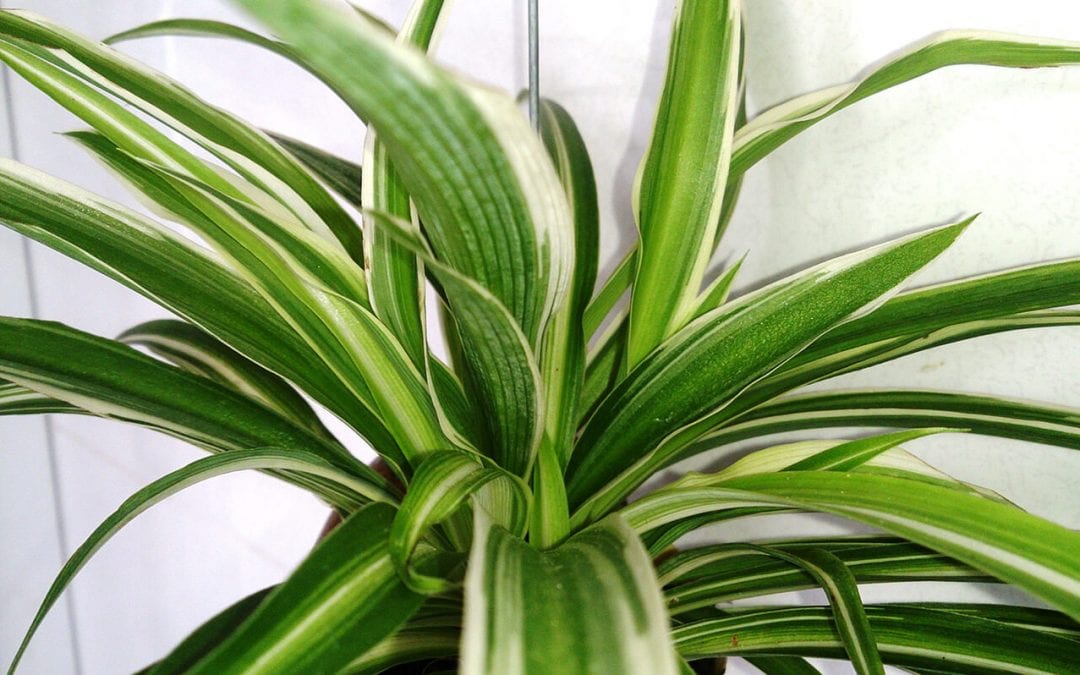We usually think of air pollution as a problem outdoors, however, it’s also a problem inside. Allergens and pollutants that linger in your home’s air may include dust, mold, pollen, pet dander, chemicals, bacteria, viruses, and other contaminants. Improve indoor air quality to reduce allergens and enjoy a home that’s fresh, clean, and safe for your family.
Ideas to Improve Indoor Air Quality
1. Bring Plants Into the Home
Certain types of house plants improve indoor air quality while also adding to the aesthetics of your home. They naturally help remove pollutants, allergens, and chemicals from the air. According to the HGTV website, the best plants for this include:
- English Ivy
- Gerbera Daisy
- Dragon Tree
- Mother-in-Law’s Tongue
- Pot Mum
- Chinese Evergreen
- Peace Lily
- Spider Plant
- Bamboo Palm
- Mass Cane/Corn Plant
2. Avoid Products that Contain Chemicals
Many of the products you use in your home each day contain chemicals that affect indoor air quality. These products include soaps, candles, air fresheners, dryer sheets, scented cleaners, and materials used for construction and home improvement projects. Some alternatives to these products are essential oils, natural cleaning products, and VOC-free materials.
3. Use Fresh Air to Improve Indoor Air Quality
Open your windows as often as possible. The circulation of fresh air helps to improve indoor air quality. If you or anyone in your home is sensitive to pollen, air out your home only when the pollen levels are low. Areas with high humidity may require running a dehumidifier after the windows have been closed again.
4. Use a Doormat and Remove Shoes at the Door
Shoes worn inside the home can bring in dust and dirt from the outdoors. To reduce pollutants in your air, place a doormat at your door so you’re not tracking more contaminants into your home. Encourage family and friends to remove shoes before coming into your living spaces.
5. Change the Filters in Your HVAC Unit
The filters in your heating and cooling unit trap allergens and other pollutants, keeping them from being recirculated back into the air. If the filter becomes full, it can no longer effectively capture those pollutants. When this happens, the pollutants and allergens that would normally have been filtered are instead recirculated right back into the home.
Final Thoughts on Tips to Improve Indoor Air Quality at Home
Poor indoor air quality in a home contributes to issues such as allergies, illnesses, and unpleasant odors. By following these steps to improve indoor air quality, you will improve the well-being of your entire family by making your home a healthier place.
All Pro Property Inspections offers home inspection services. Contact us to schedule an appointment.

